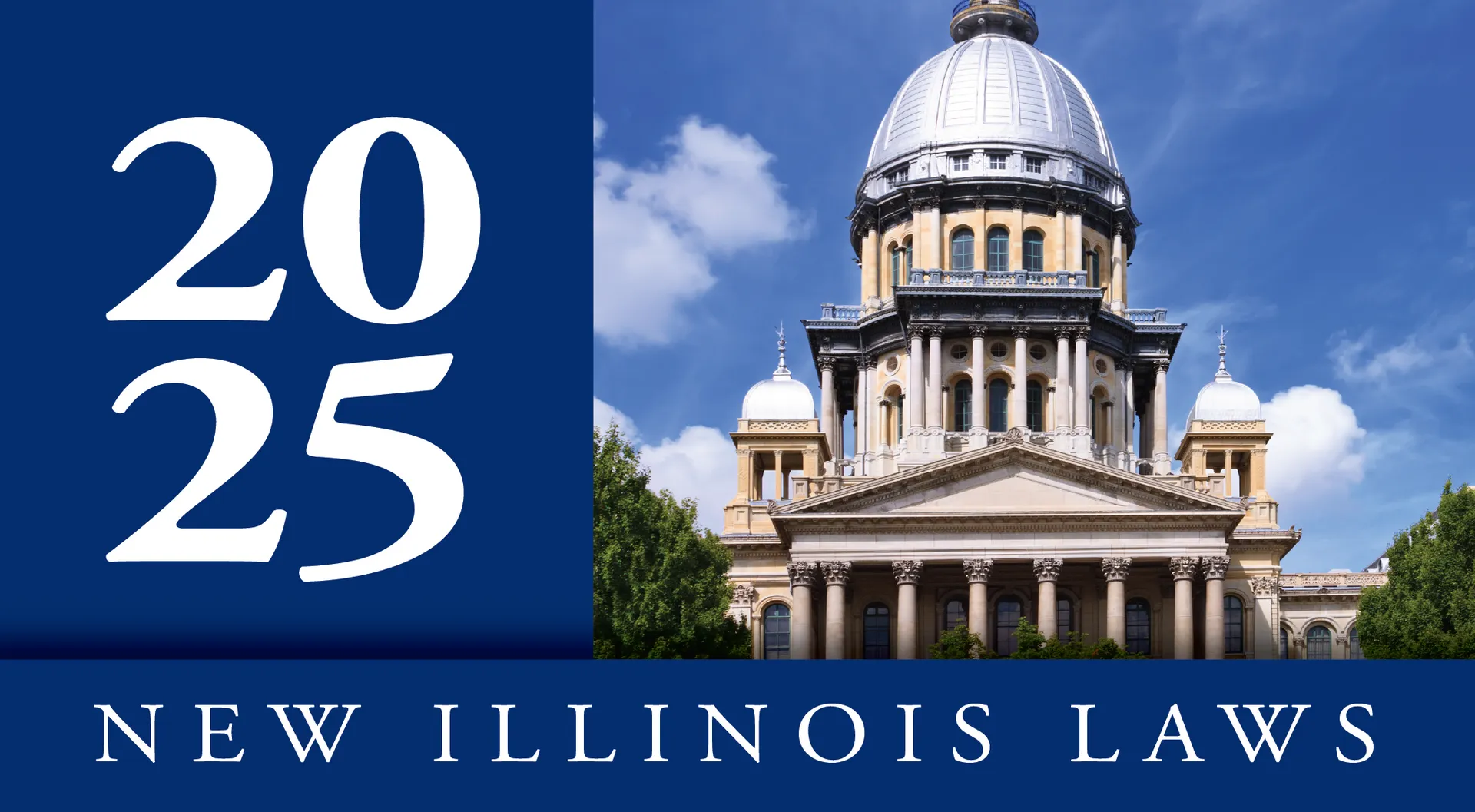Decision Regarding Refusal of DUI Breath Testing
Motorists first arrested for a DUI will face an immediate choice at the police station - should I submit or decline the breath test? A suspected DUI motorist may have many valid reasons for declining to submit to the chemical, breath or blood testing. It can be a simple matter of lack of willingness to cooperate, general distrust of police, adherence to advice of counsel, or any possible reason a person may give, rational or otherwise. No matter the reason, the prosecution will argue that the declining to submit to testing is a “refusal” and said refusal is due to the defendant’s “consciousness of guilt.” This can be powerful evidence to a jury. In order to bolster this argument, the prosecutor will point to the fact that the defendant was read a document called “Warning to Motorist”, which spells out the ramifications to a motorist’s driving privileges for a refusal to submit to, or failure of, chemical testing.
Illinois Vehicle Code specifically provides for the admissibility of evidence of a driver’s refusal to submit to blood-alcohol testing. 625 ILCS 5/11-501.2(c)(1) (West 2012). Both, the defendant and the state, recognize that evidence of refusal is allowed by statute and relevant case law. Specifically, courts have stated that; “[o]ur courts have long recognized that a defendant's refusal to take such a test is ‘relevant as circumstantial evidence of his consciousness of guilt.’” People v. Romanowski , 2016 IL App (1st) 142360, ¶ 17, quoting People v. Garriott , 253 Ill. App. 3d 1048, 1052 (1993). The defendant in Romanowski , however, argued that testimony of the arresting officer, as to the contents of the admonishment, should not have been allowed because such testimony is not specifically made admissible by section 11-501.2(c)(1). The state argued that the admission of this testimony was in the proper discretion of the circuit court.
The appellate court analyzed three of the following cases regarding the contents of warnings given to an arrested DUI suspect at trial; City of Rockford v. Elliott , 308 Ill. App. 3d 735, (1999), People v. Lynn , 388 Ill. App. 3d 272, (2009), and People v. Bock , 357 Ill. App. 3d 160, (2005).
In the case at bar, the appellate court followed the reasoning of People v. Lynn , 388 Ill. App. 3d 272, 277-78 (2009), and People v. Bock, 357 Ill. App. 3d 160, 170-71 (2005). Following Lynn and Bock and citing to Illinois Rule of Evidence 401 which states; “Evidence is considered relevant if it has “any tendency to make the existence of any fact that is of consequence to the determination of the action more probable or less probable than it would be without the evidence.” (eff. Jan. 1, 2011). The court held, “[l]ike the court in Lynn , we find the contents of the warning to motorists to be relevant circumstantial evidence of a defendant’s consciousness of his own guilt” Romanowski at ¶ 26.
The appellate court found that the circuit court did not abuse its discretion when allowing the arresting police officer to testify as to the actual admonishments given to the defendant.
It is important that a person facing a DUI or any other arrest seek the advice of counsel when confronted with these questions. For more information about this, or any other criminal law question, please contact James Doerr at 847-705-7555 or jdoerr@lavellelaw.com.
More News & Resources
Lavelle Law News and Events
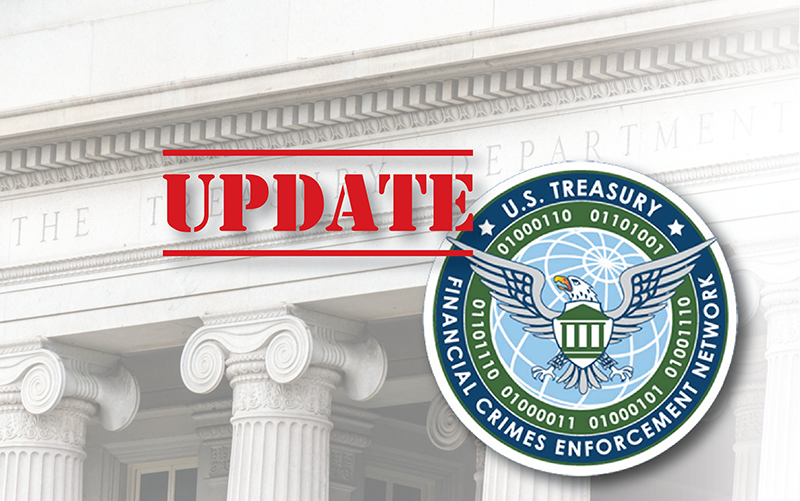




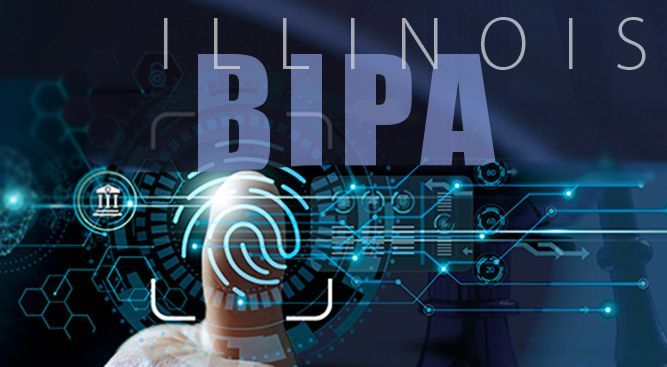
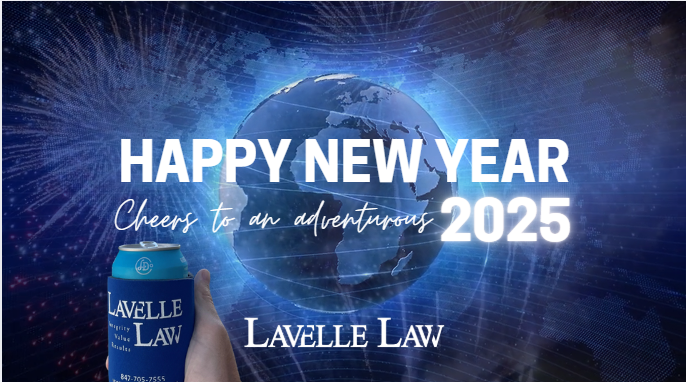
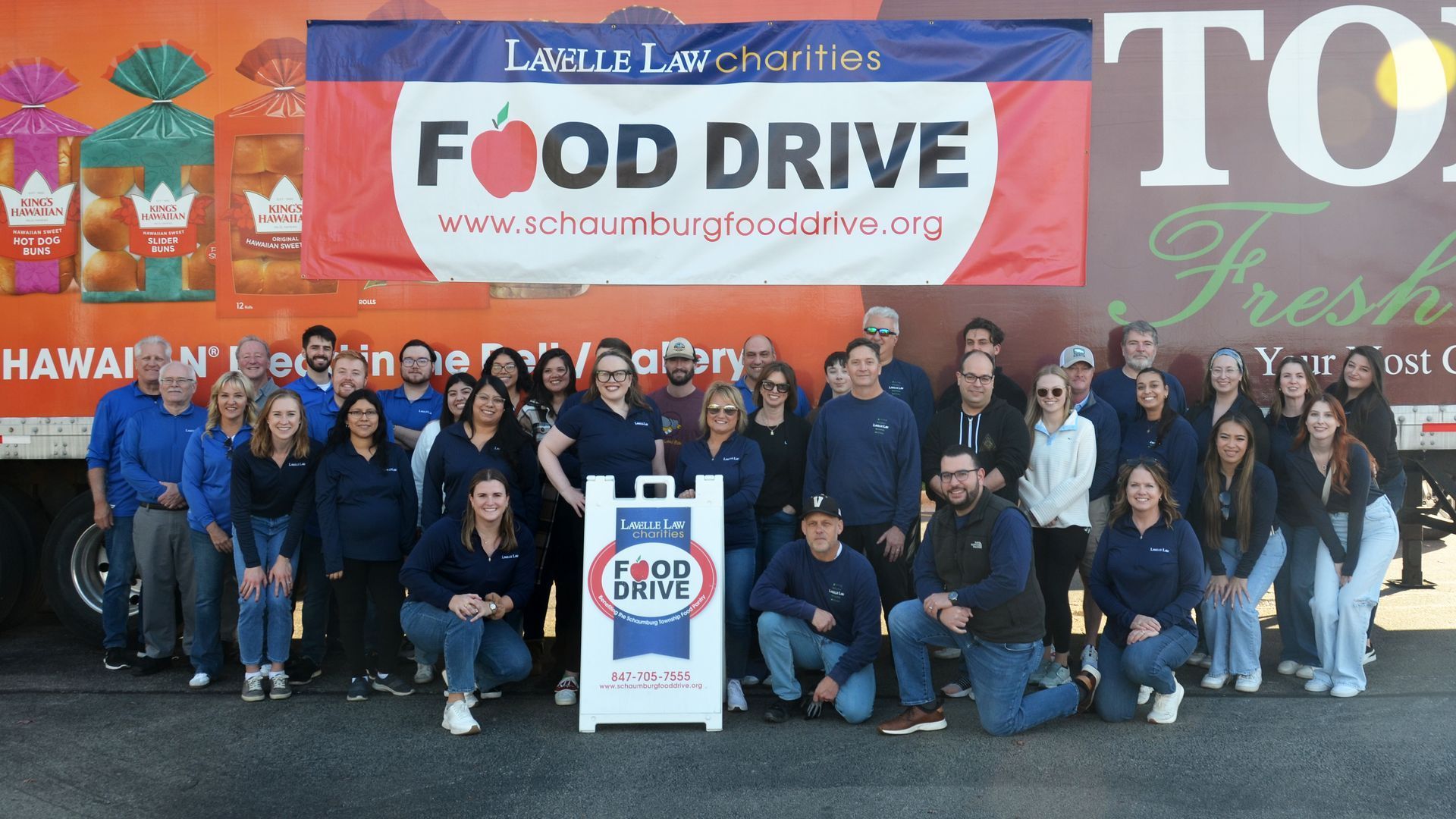
STAY UP TO DATE
Subscribe to our newsletter
Lavelle Law, Ltd. | All Rights Reserved |
Created by Olive + Ash.
Managed by Olive Street Design.


